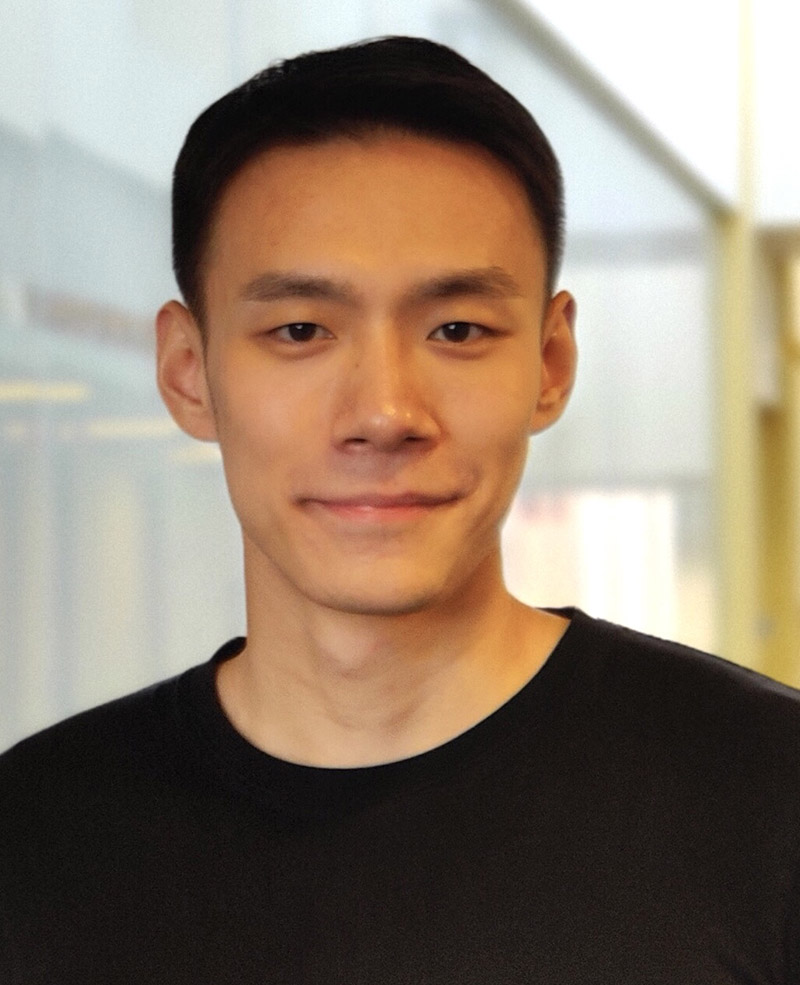Yan Long awarded Predoctoral Fellowship to support research impacting secure communications

Yan Long received a Rackham Predoctoral Fellowship to support his research that stands at the intersections of sensing, embedded system security, and mobile computing.
“Internet of Things (IoT) and mobile devices depend on sensors to make life-critical decisions ranging from steering an autonomous vehicle to defibrillating a patient’s heart,” stated Long.
The goal of this research is to ensure that the information received from such sensing devices is not only trustworthy, but also confidential.
Long has discovered innate vulnerabilities in how sensors operate. For example, he has identified a way to extract audio information from a cell phone when images, specifically a photo burst, are taken with a modern cell phone. This is done through what he has called a “sensor side channel,” which acquires acoustic information along with the image.
Internet of Things (IoT) and mobile devices depend on sensors to make life-critical decisions.
Yan Long
He has discovered that it’s possible to identify gender and some spoken digits of individuals who are speaking close to where the photo is being taken. This information can then be stolen by adversaries.
Long has a provisional patent application with U-M related to this work, with the goal of identifying terrorists, kidnappers, and other criminals based on proof-of-life videos and/or images. The technology is being commercialized with his advisor, Prof. Kevin Fu. The flip side of this research is protecting the privacy of innocent individuals who may be at risk of being spied upon using the same technology. To do this, Long intends to invent techniques that can undo or prevent the security and privacy threats posted by the sensors. His final dissertation will be based on five research projects related to side channels.
Long has eight publications in top-ranked computer security journals and proceedings – seven as first author or co-author. They are related to the research already described, as well as medical device security. For example, he helped develop a new wireless sensing system that can determine when N95 face masks are properly decontaminated in moist-heat.
In addition to being a stellar researcher, Long has been a graduate student instructor for three advanced courses in probability, data science, and embedded security. He also has mentored six undergraduate students in their individual research projects.
Long received his undergraduate degree in Electronic and Information Engineering from Zhejiang University in China. His proposed dissertation title is “Modeling and Mitigating Side Channels in Optical and Embedded Sensing Systems.” Long’s dissertation co-chairs are Prof. Kevin Fu and Prof. Mingyan Liu.
 MENU
MENU 
